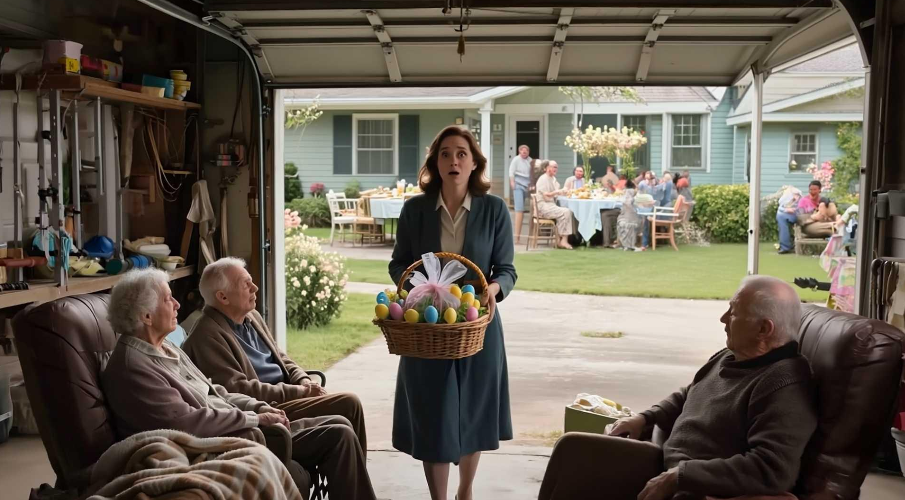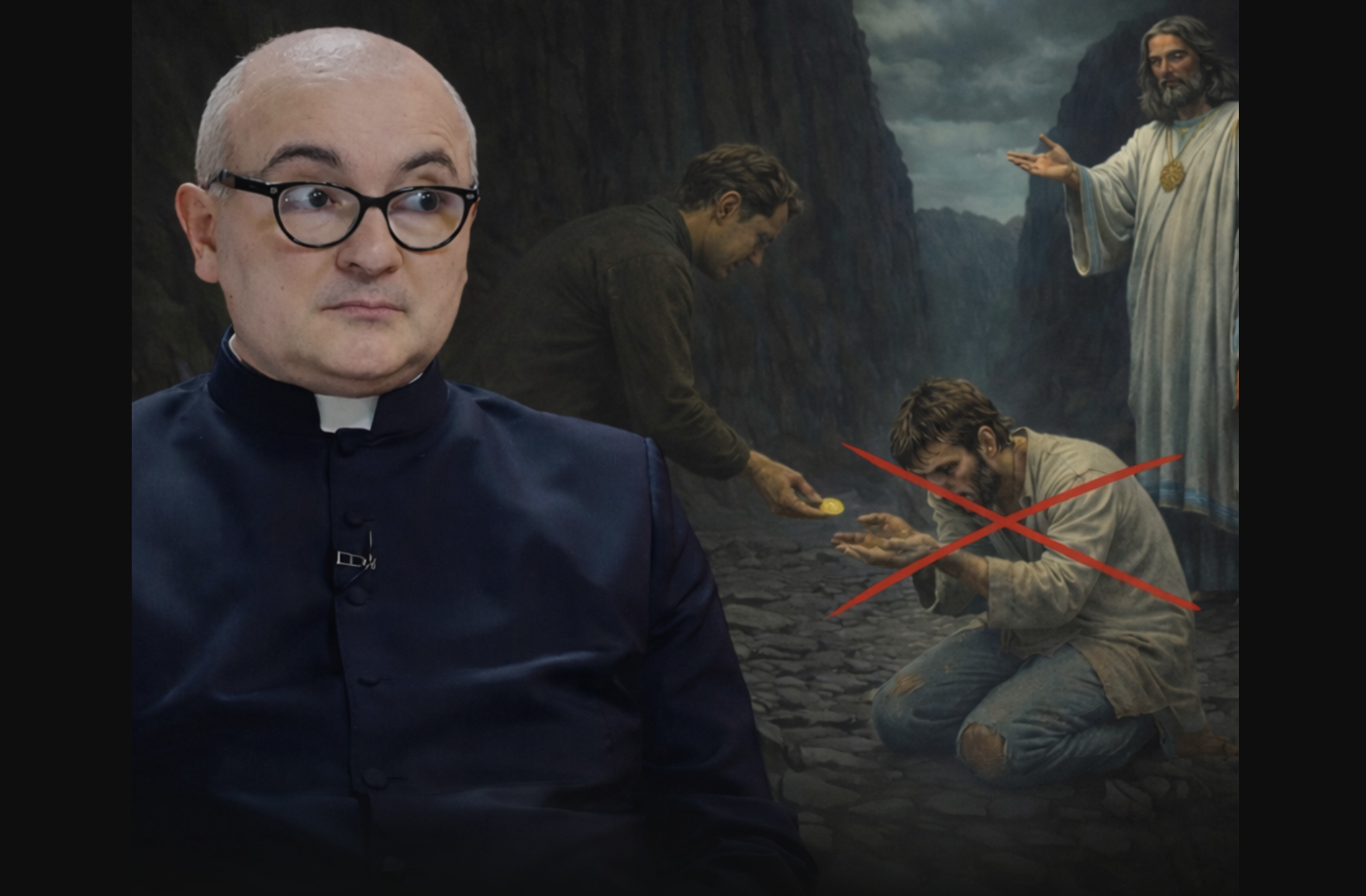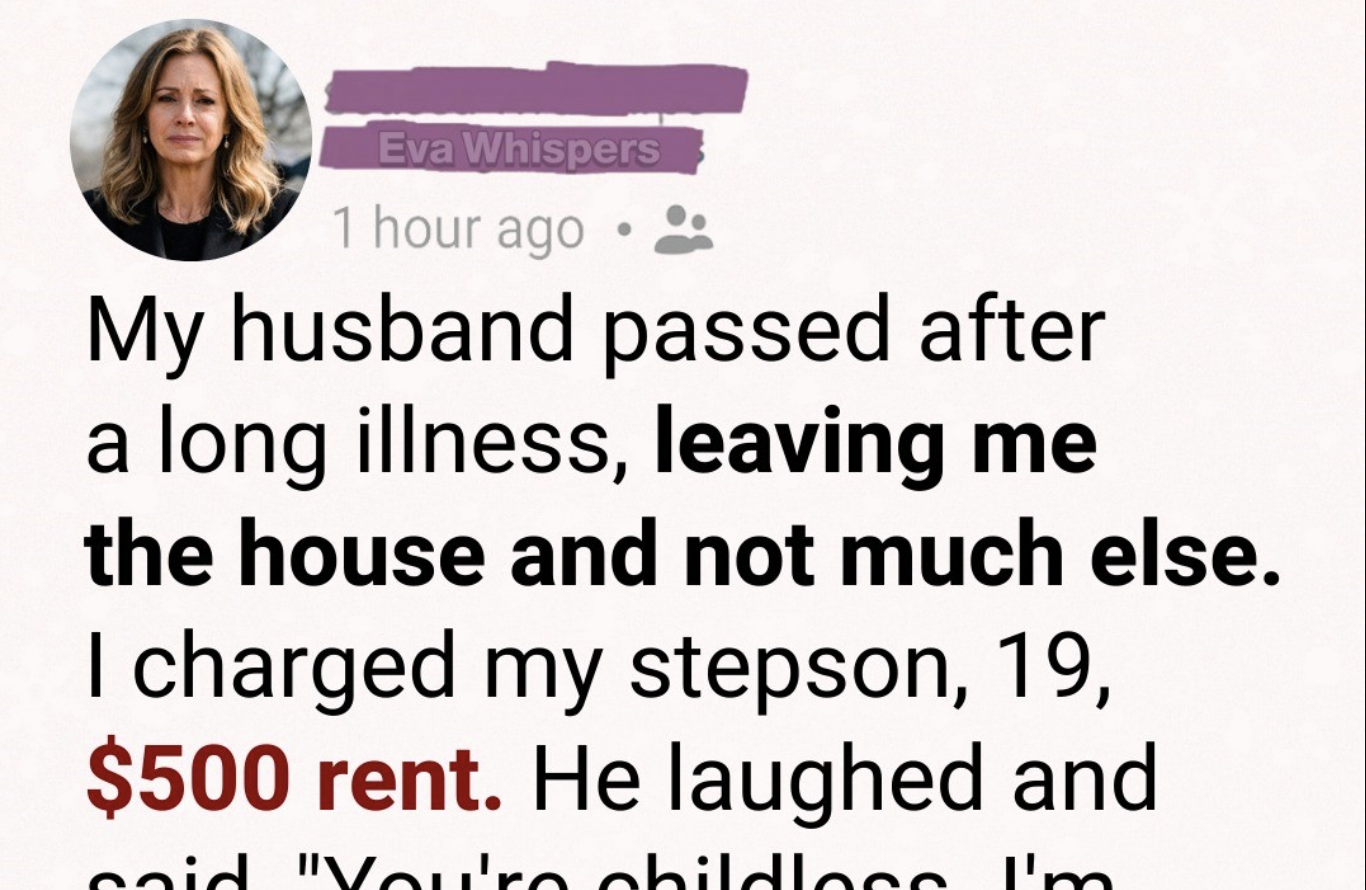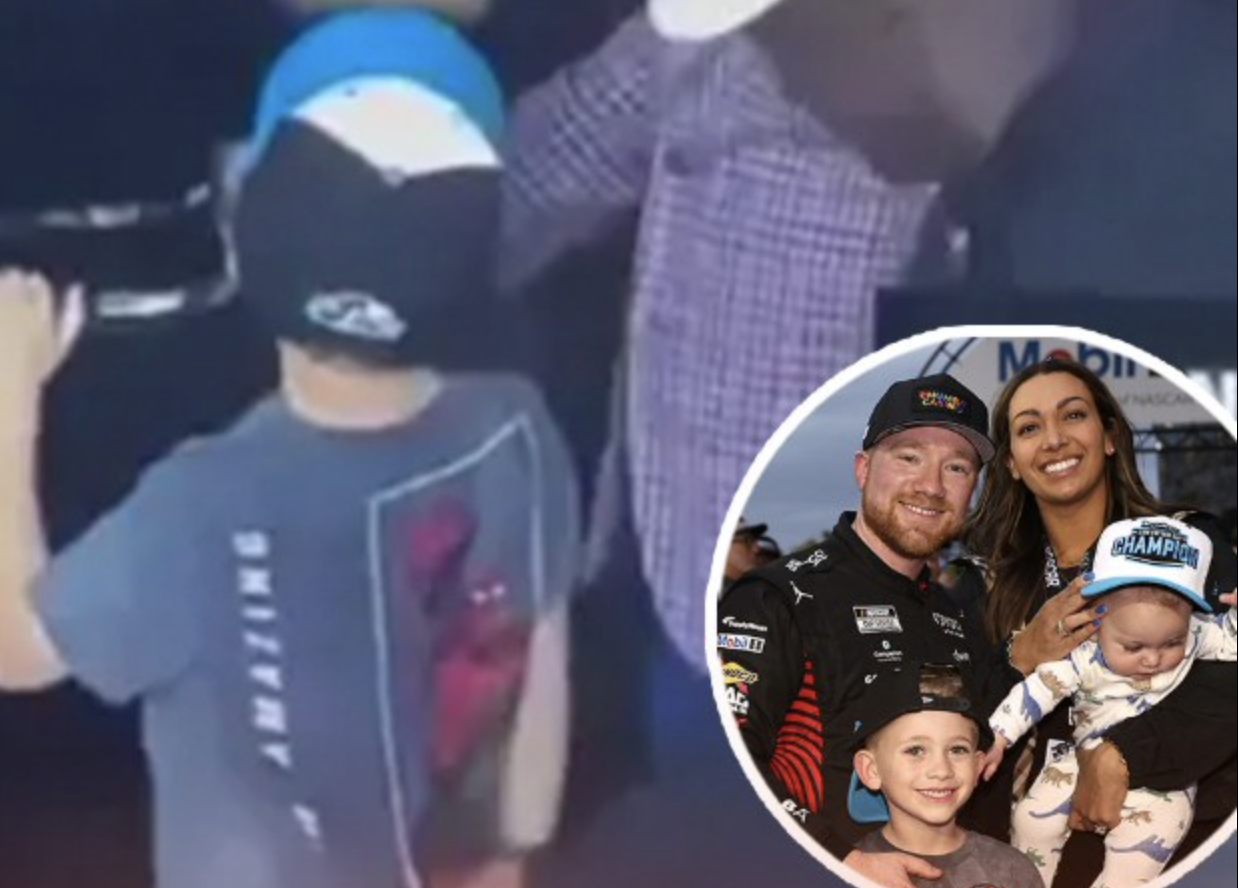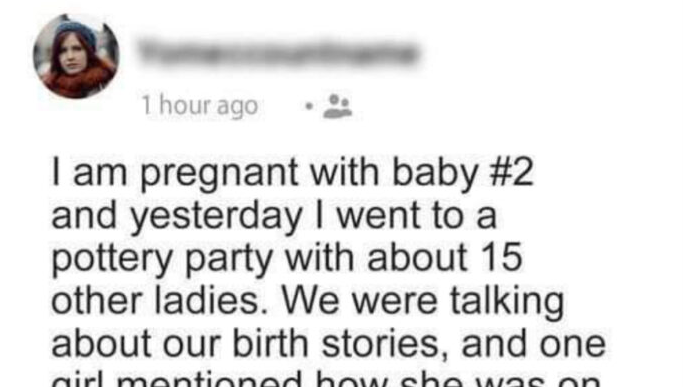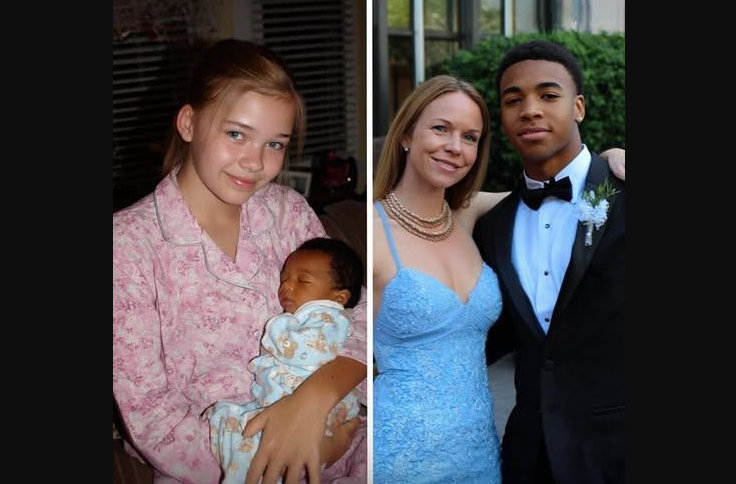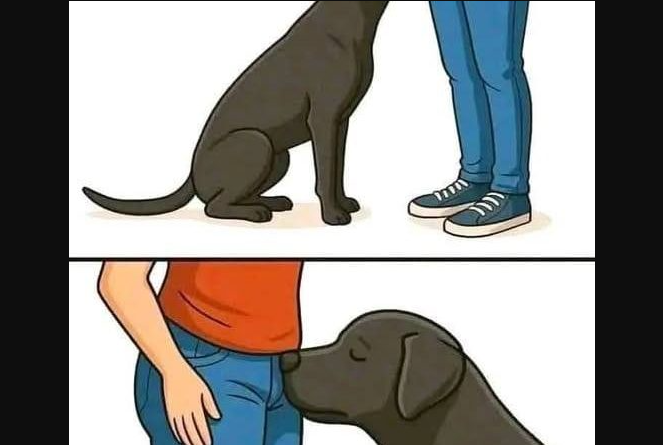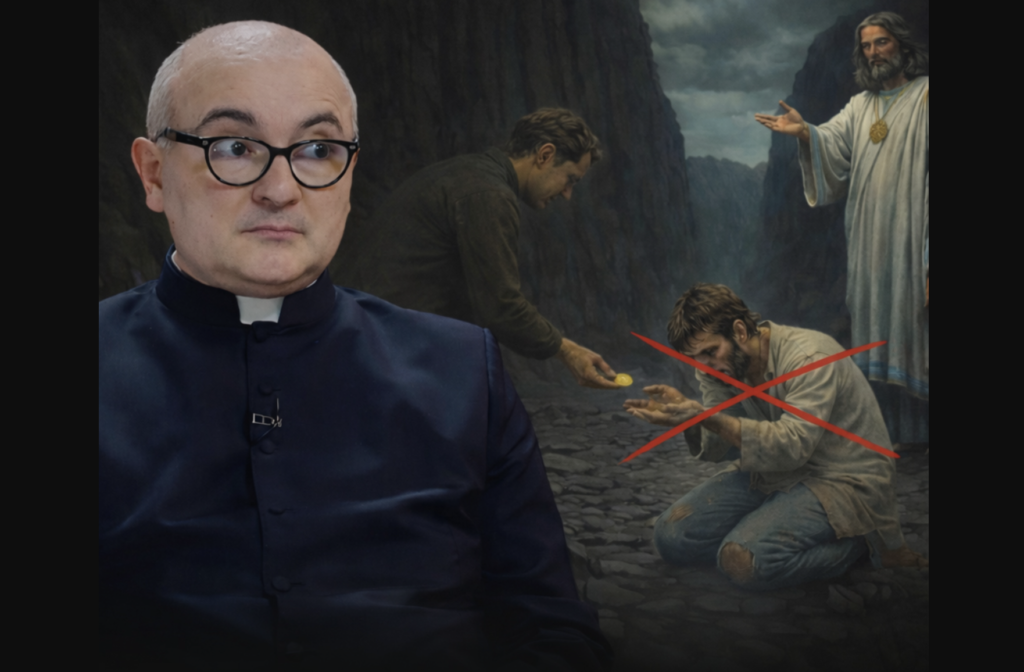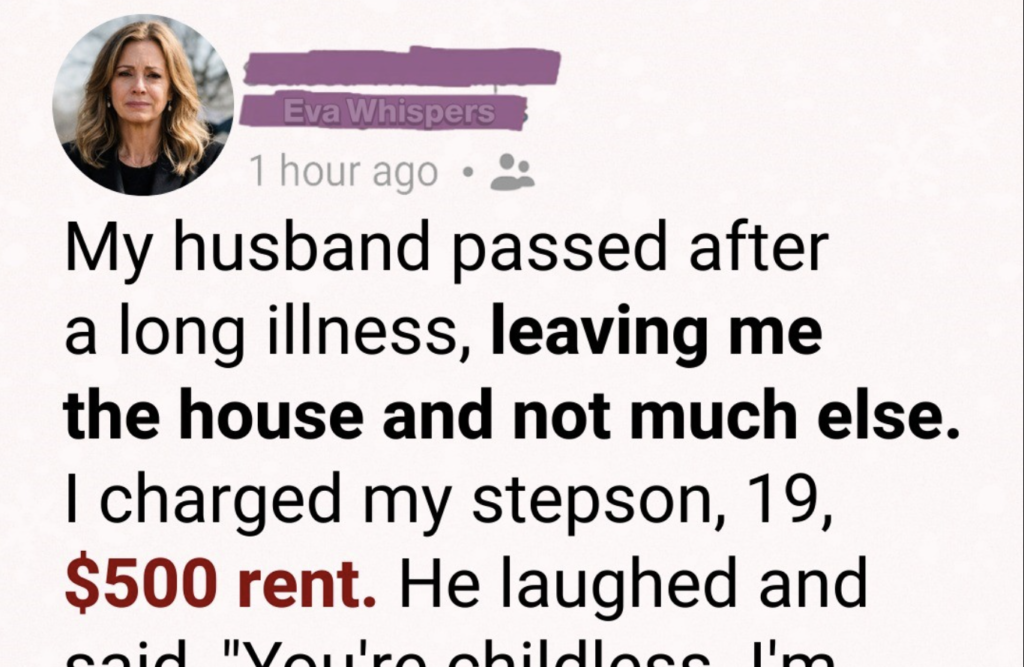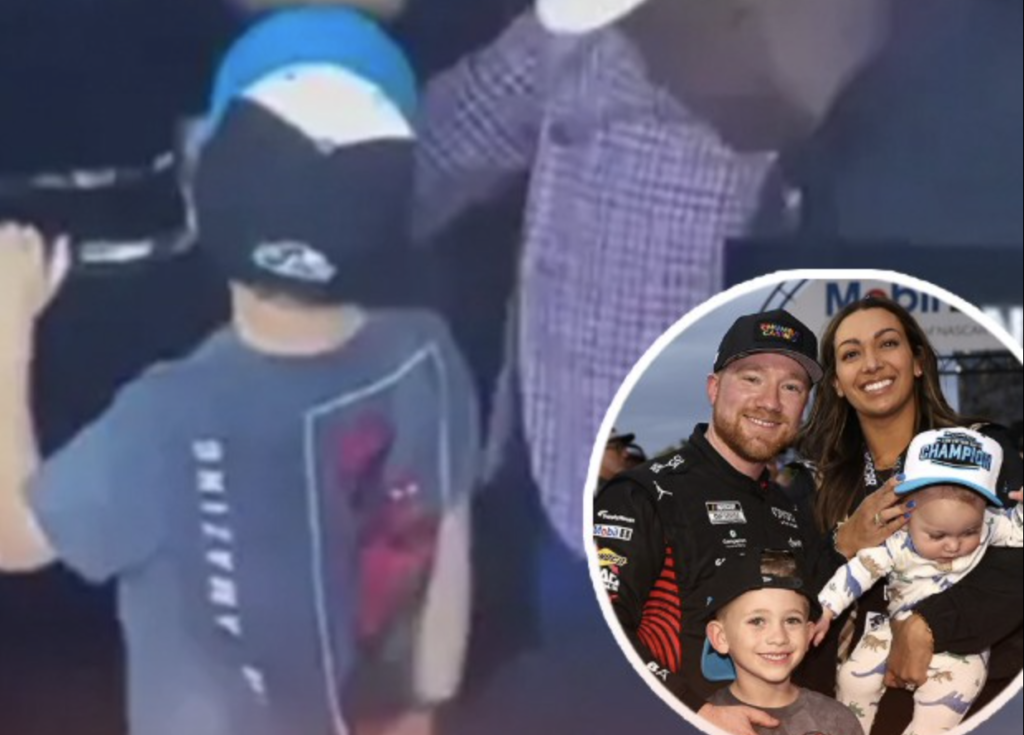I planned to delight my parents with flowers and chocolates for Easter, but what I discovered shook me deeply. My sister had forced them out of their own home, relegating them to the garage like they had nowhere else to go.
Our childhood was filled with warmth and togetherness. My sister Cassandra, two years my senior, was always a whirlwind—vibrant, theatrical, and often entangled in chaos. She could charm you with a smile while turning your world upside down.
This Easter, I wanted to bring a special moment to my parents’ lives. I arrived at their house, arms full of gifts, expecting a joyful reunion. But the house was eerily silent.
I stood on the doorstep, confused. Could they have gone out? That was unlike them on Easter. I knocked, but no one answered.
Using my old key, I let myself in. The house felt unfamiliar—new furniture, no family photos in sight. My heart pounded. Had I walked into the wrong place?
Then I heard her voice. Cassandra.
“You didn’t mention your sister was coming,” she said.
A man’s voice chuckled. “What, the golden child? She’ll be gone soon.”
Uncertain of what I was searching for, I noticed a faint glow through the side window. I crept to the garage and eased the door open. There they were—my parents.
My dad sat on a stool, tinkering with a cabinet hinge. My mom, bundled in her winter coat despite being indoors, sat in a folding chair.
“Oh,” she murmured softly. “Sweetheart.”
“Mom? What’s going on?” I asked, my voice trembling.
She averted her gaze. “It’s only temporary.”
My dad didn’t look up. “Your mom’s chilly. I told her to wear gloves.”
“Why are you out here?” I pressed, my voice breaking. “What happened?”
They exchanged a glance. “It’s fine,” my mom said softly. “Cassandra and Nathan needed some room.”
“In the house?” I asked, incredulous.
“They’re fixing it up,” she whispered. “Only for a little while.”
I looked at my mom and said firmly, “Pack a bag. I’ll be back in an hour.”
Her eyes sparkled with surprise. “What?”
“You heard me.”
My dad set his screwdriver down. “Where are we going?”
“You’re not spending another night in this garage.”
Ten minutes later, I drove them to the finest hotel in town.
“One room, two beds, for a full week,” I told the receptionist.
Back at the garage, I returned with a keycard and a determined smile.
“We’re leaving now,” I announced.
Once my parents were settled in a cozy hotel room with proper bedding, warmth, and amenities, I returned to my own hotel room and opened my laptop.
As a contracts manager, I know how to navigate rules. Cassandra might play games, but I play smart.
I started by gathering our family’s digital records from an old thumb drive my parents kept. The next day, my mom and I returned to the garage and unlocked their file cabinet. Her eyes widened as we sifted through the contents.
“It’s okay,” I reassured her. “Trust me.”
Inside were all the documents I needed—property records, tax forms, insurance papers, and the house deed. Cassandra’s name was absent. The house belonged solely to my parents. Legally, she was merely a guest—and guests can be asked to leave.
I texted Cassandra. “Hey, want to grab lunch tomorrow? Just us?”
“Really? You’re not upset?” she replied, caught off guard.
“No, I’ve been thinking. We should talk,” I said vaguely.
She showed up at the café in a beige trench coat, her lipstick overly bold.
“I’m so glad you reached out,” she said. “I know things have been strained, but I think we’re finally aligning.”
I smiled. “I think so too.”
We ordered food, and I let her ramble about the house, the “renovations,” and how she’s the only one “stepping up.”
Halfway through her meal, I said, “You know, maybe you’re right. Maybe Mom and Dad need more support. A plan.”
Her face lit up. “Exactly! That’s what I’ve been saying!”
“I spoke to some realtors,” I continued, showing my phone. “If we sell the house, the funds could go toward their care. Maybe even help you and Nathan find your own place.”
She leaned forward eagerly. “I knew you’d see it my way.”
“Also,” I added casually, “I recorded this conversation.”
I stood, left a twenty on the table, and walked out without a backward glance.
Three days later, I returned to the house with a printed eviction notice and a police escort. Nathan answered the door, wearing my dad’s robe and holding a mug like he was the homeowner.
“Lost, sweetheart?” he smirked.
I handed him the notice. “Not at all. But you are.”
Cassandra appeared behind him, her expression crumbling as she saw the papers.
“You can’t be serious,” she said.
“I’m very serious.”
“You’re not on the deed,” I stated. “You’re not on a lease. You’re a guest. And guests don’t get to call the shots.”
Nathan laughed arrogantly. “You can’t kick out family.”
The officer stepped forward. “Actually, you’ve been served. I suggest you read the documents.”
They fell silent.
That afternoon, my dad pulled me aside and handed me a folder containing the house deed.
“If anything happens to us,” he said, “this is yours. You were the one who came through.”
I hugged him tightly, and we stood in silence, no words needed.
As for Cassandra? She’s now staying with whichever friends will still take her calls, claiming we “betrayed” her and “ruined her future.”
That Easter ended with tulips in a vase, laughter filling the house, and a sense of home restored.
